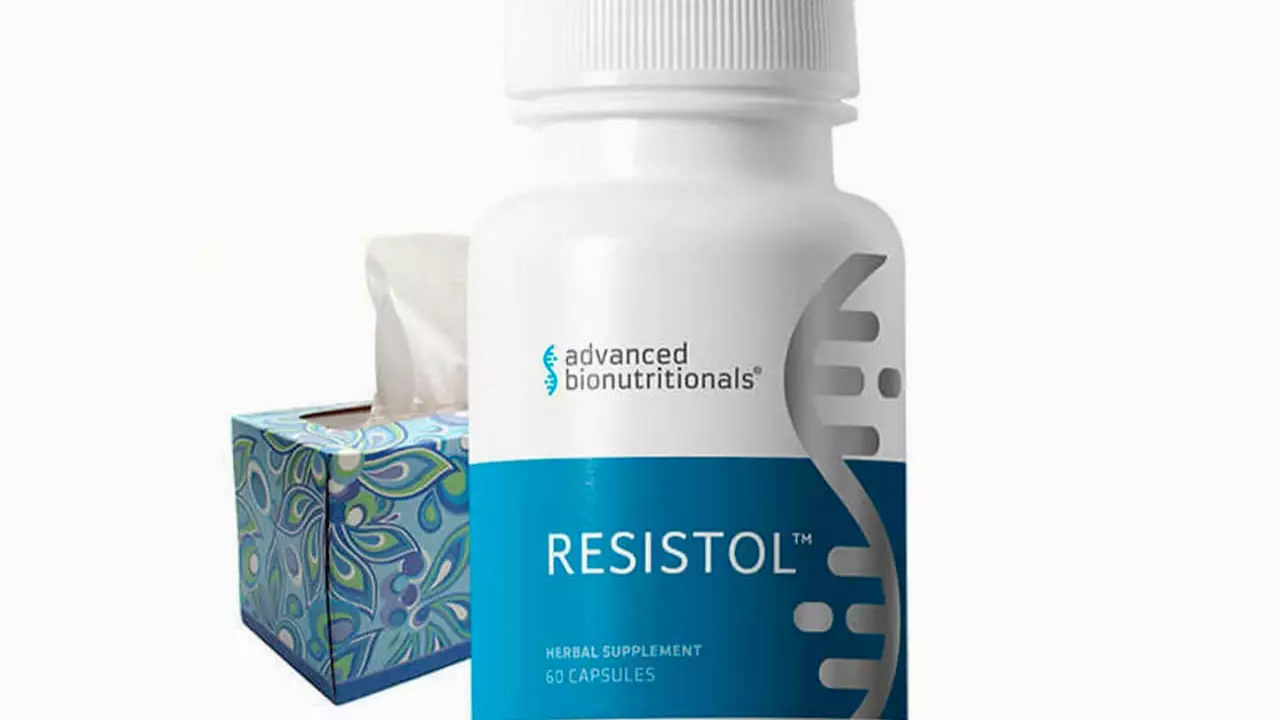Dwarf elder (Sambucus ebulus) is a lesser-known plant sometimes sold as a supplement. People use it for immune support, joint pain, and topical skin issues. But it's not the same as elderberry syrup from Sambucus nigra—dwarf elder has different compounds and safety concerns. If you're curious, here's what to know before buying or trying it.
Manufacturers sell dwarf elder as capsules, liquid extracts, and topical creams. Traditional use includes treating inflammation, swelling, and wound healing. Today supplements claim immune and anti-inflammatory effects, but scientific evidence is limited and mixed. That means it might help some people, but it's not a proven treatment for any disease.
Raw dwarf elder parts can be toxic and cause stomach upset, vomiting, or dizziness. Commercial supplements should use processed extracts, but side effects still happen. Avoid dwarf elder if you are pregnant, breastfeeding, or have liver problems. Also skip it if you take blood thinners, blood pressure meds, or immune-suppressing drugs—interactions are possible. Always tell your doctor if you plan to try it.
Start with a low dose and watch for reactions. If you get nausea, rash, or trouble breathing, stop and seek medical help. Kids and older adults may be more sensitive, so be cautious.
Quality varies a lot between brands. Look for third-party testing, clear ingredient lists, and standardized extracts (they will state the extract ratio). Beware of products that mix dwarf elder with many other herbs—if a bad reaction happens, it’s hard to know the cause. Buy from reputable sellers and check reviews for consistent quality.
When it comes to dosing, there’s no universal recommendation. Follow the label instructions and don't exceed the suggested dose. If your label lacks dosing information or safety warnings, choose a different product. Some people prefer topical creams for localized joint pain; others take capsules for systemic effects. Monitor how you feel and reassess after a short trial (two to four weeks).
Regulatory status and storage: Dwarf elder supplements are not tightly regulated. That means potency can vary and claims may not be verified. Store in a cool, dry place and avoid sunlight. Check expiration dates. If taking other supplements or meds, bring the product label to your doctor so they can check for interactions. Consider trying one change at a time so you know what helps.
Want measurable results? Keep expectations realistic. If you try dwarf elder for joint soreness, track pain levels, mobility, and side effects. If you see no improvement after a reasonable trial, stop and consult a healthcare professional for other options.
Bottom line: dwarf elder supplements might offer mild anti-inflammatory or topical benefits for some users, but the evidence is limited and risks exist. Ask your clinician, choose quality products, start low, and pay attention to how your body reacts. Your safety matters more than quick fixes. If in doubt, skip it until you get professional advice today.

I recently discovered the incredible benefits of Dwarf Elder supplement for boosting our immune system and overall health. This natural remedy, derived from the Dwarf Elder plant, has been used for centuries to improve our body's defense mechanisms. By incorporating this supplement into my daily routine, I've noticed an increase in energy levels and a decrease in the frequency of common illnesses. I highly recommend giving Dwarf Elder supplement a try for anyone looking to enhance their well-being and lead a healthier lifestyle. Don't miss out on the chance to experience the powerful effects of this amazing supplement!